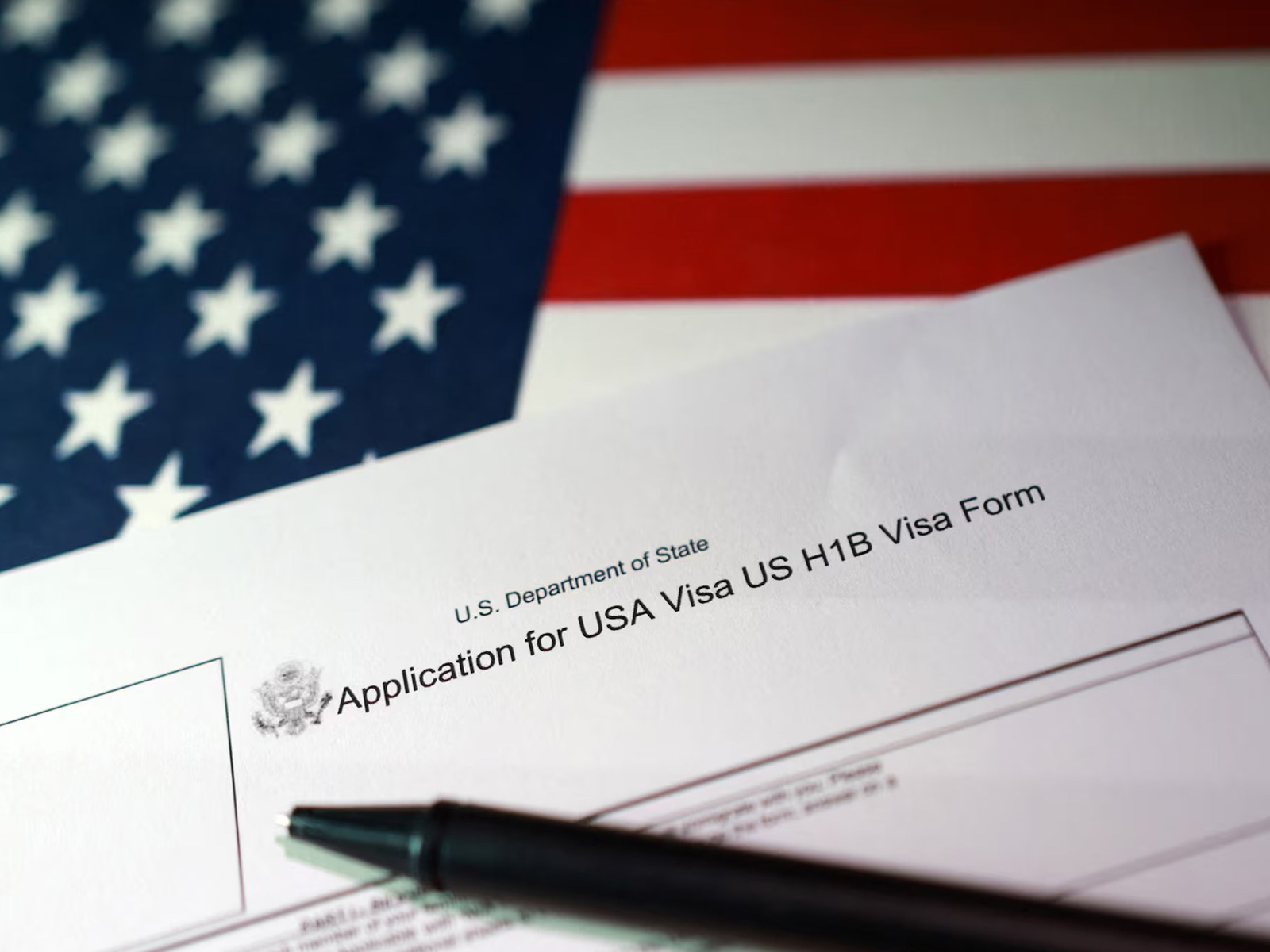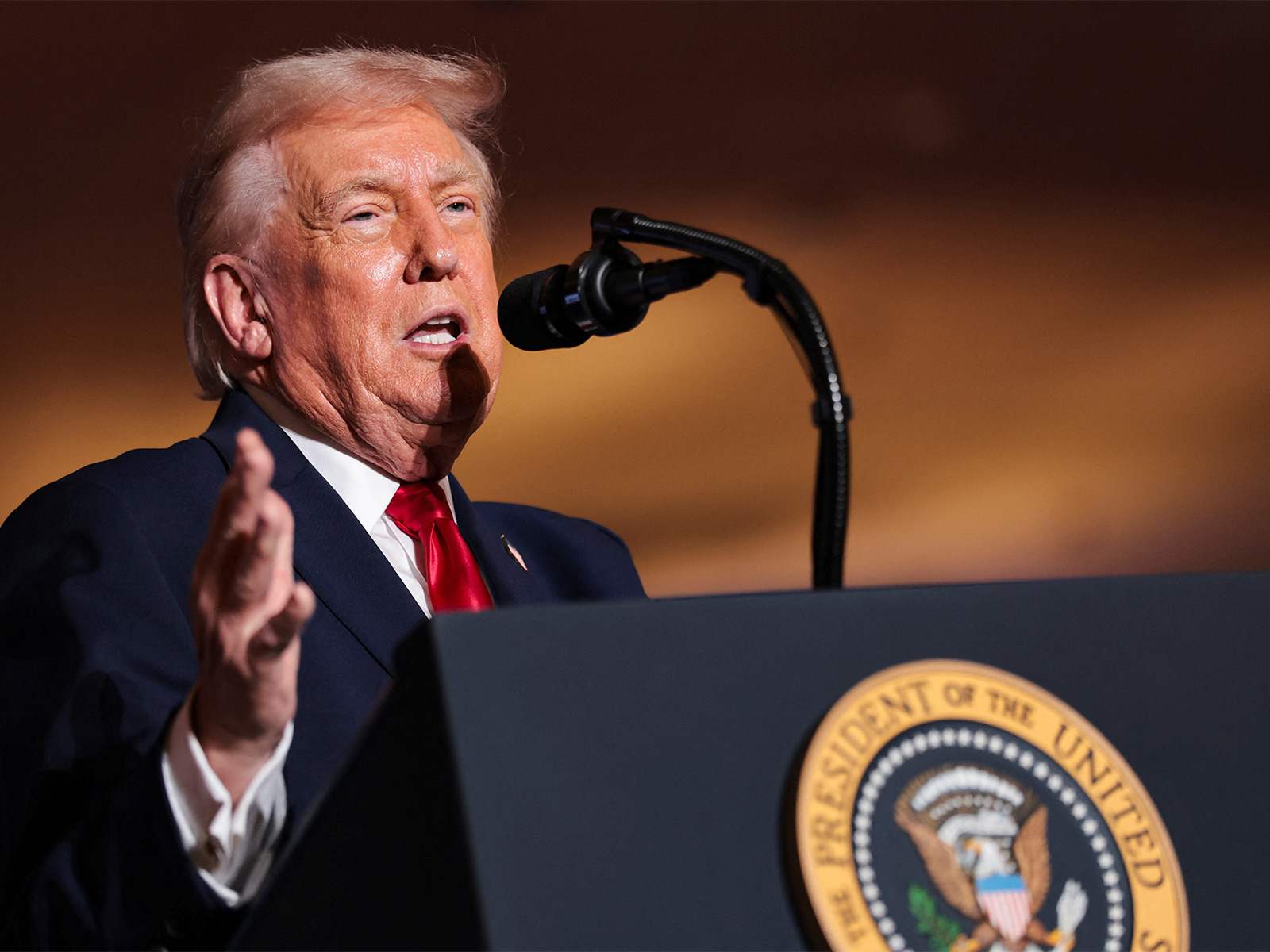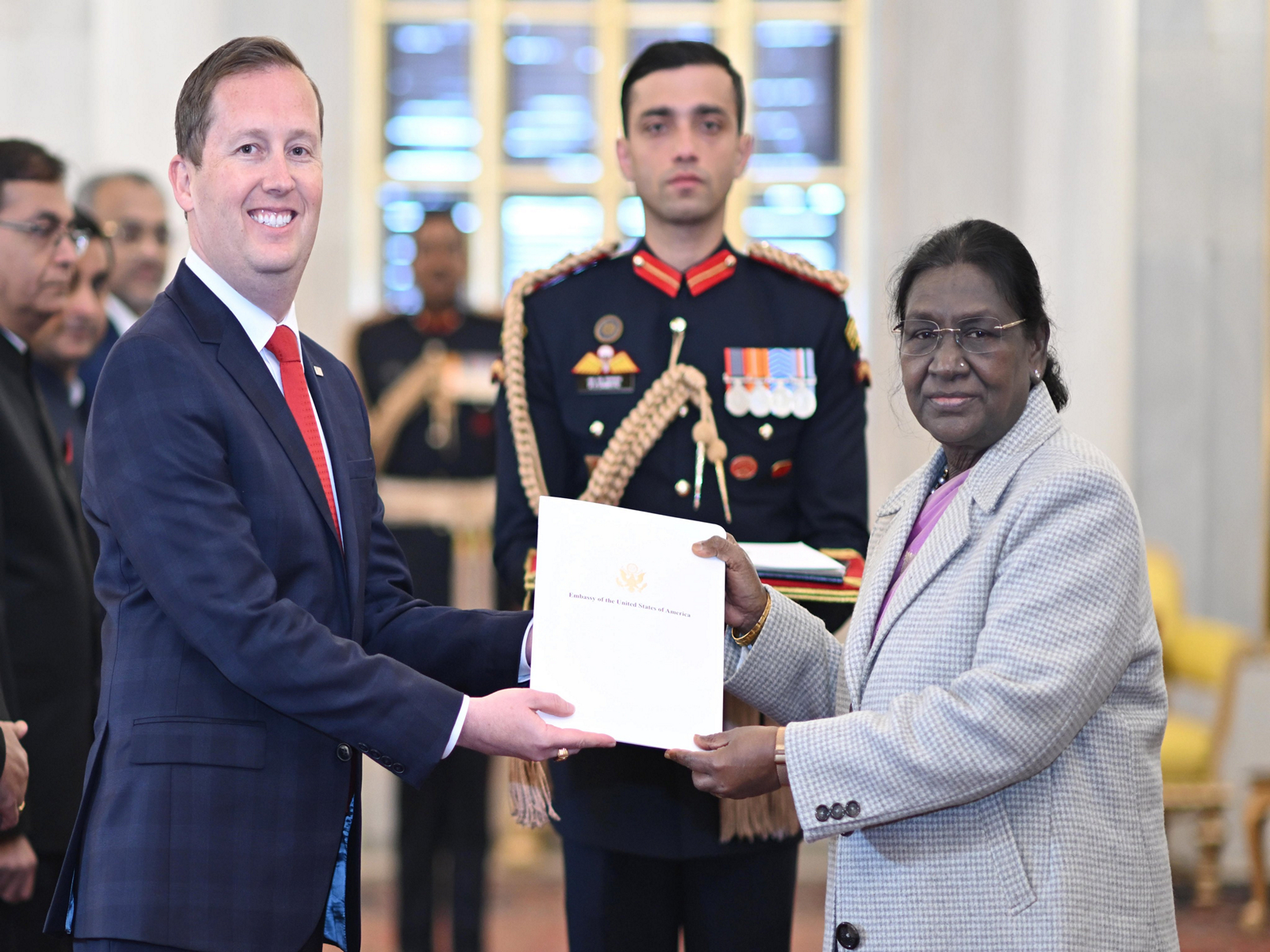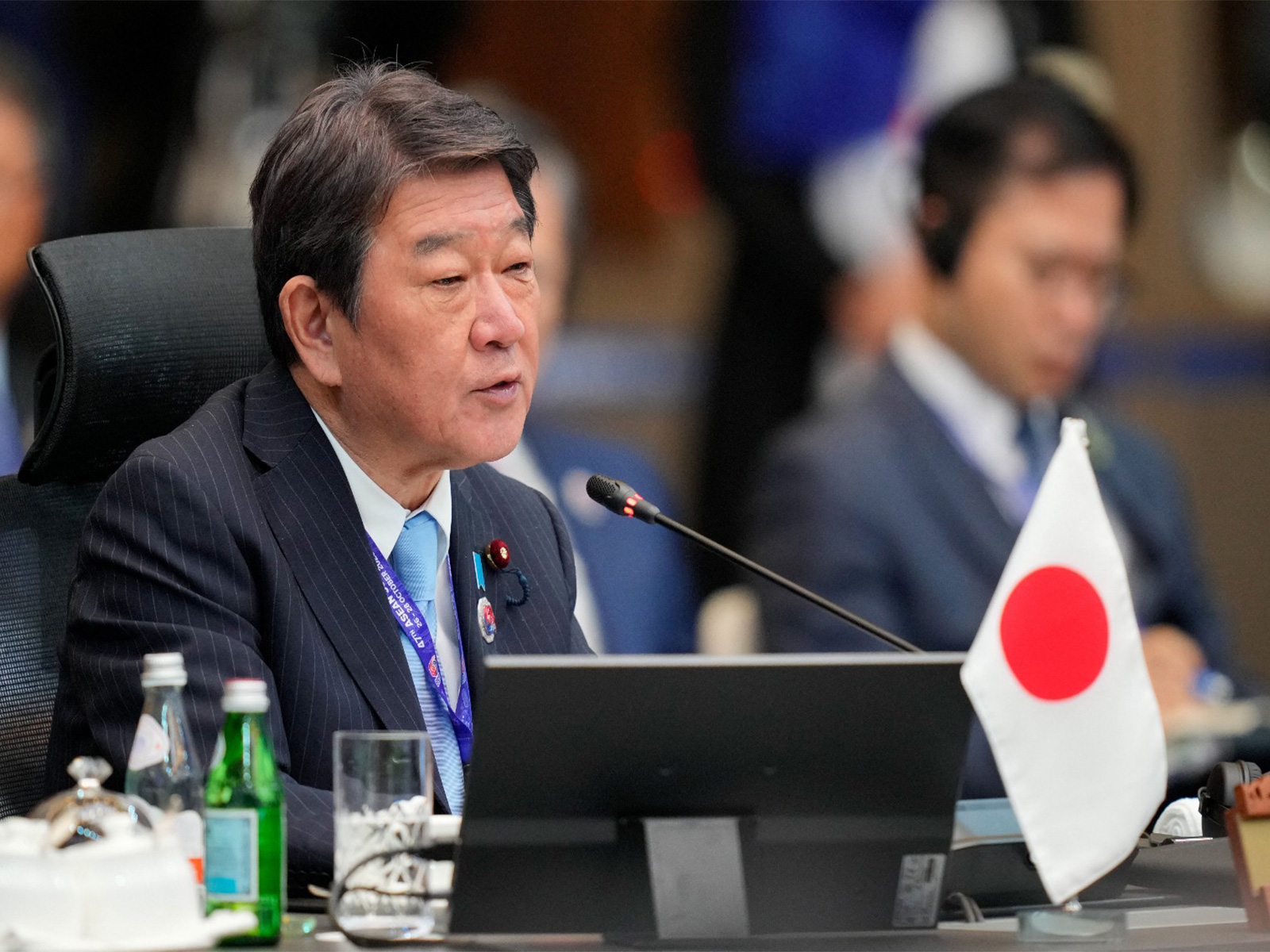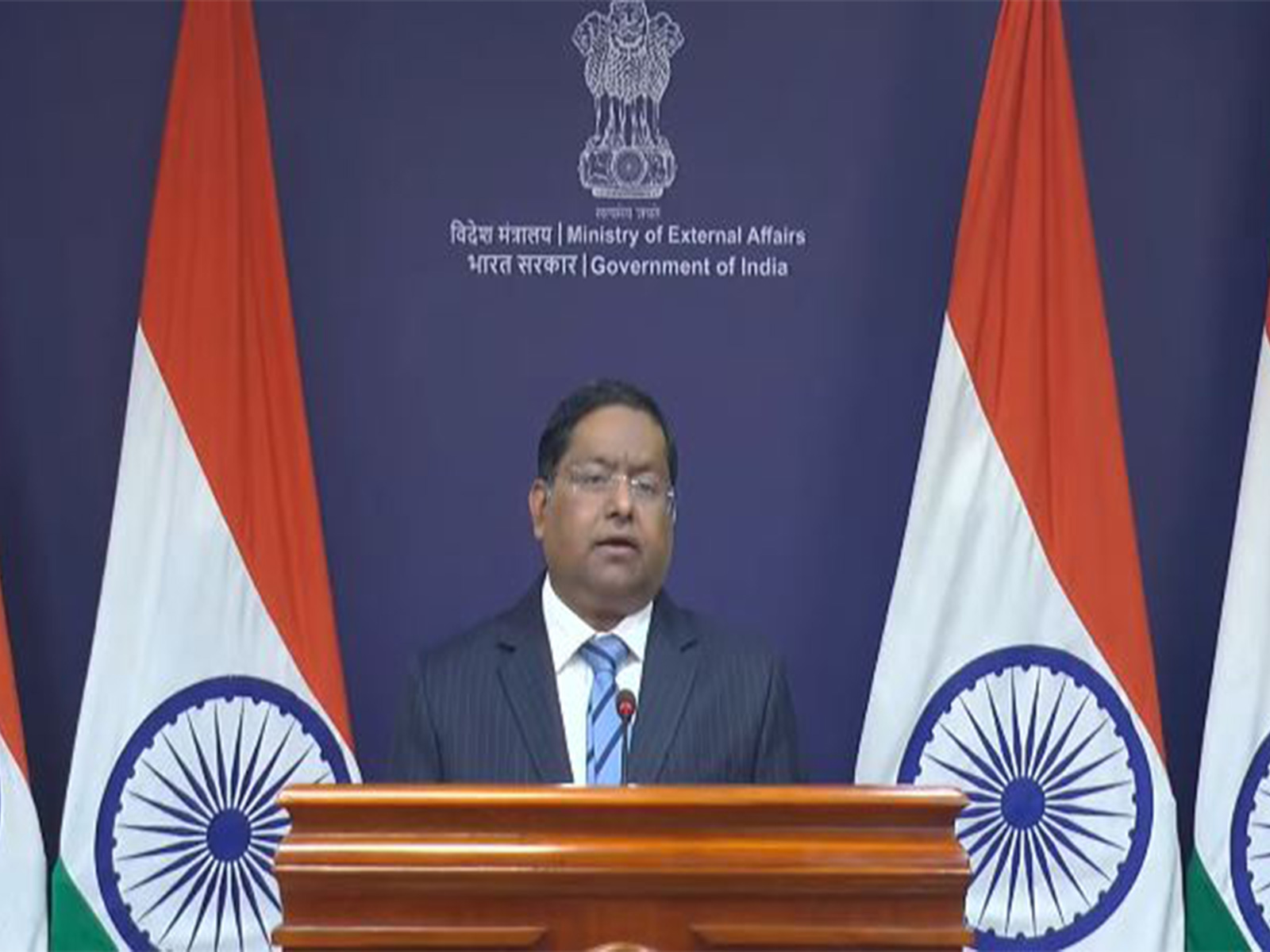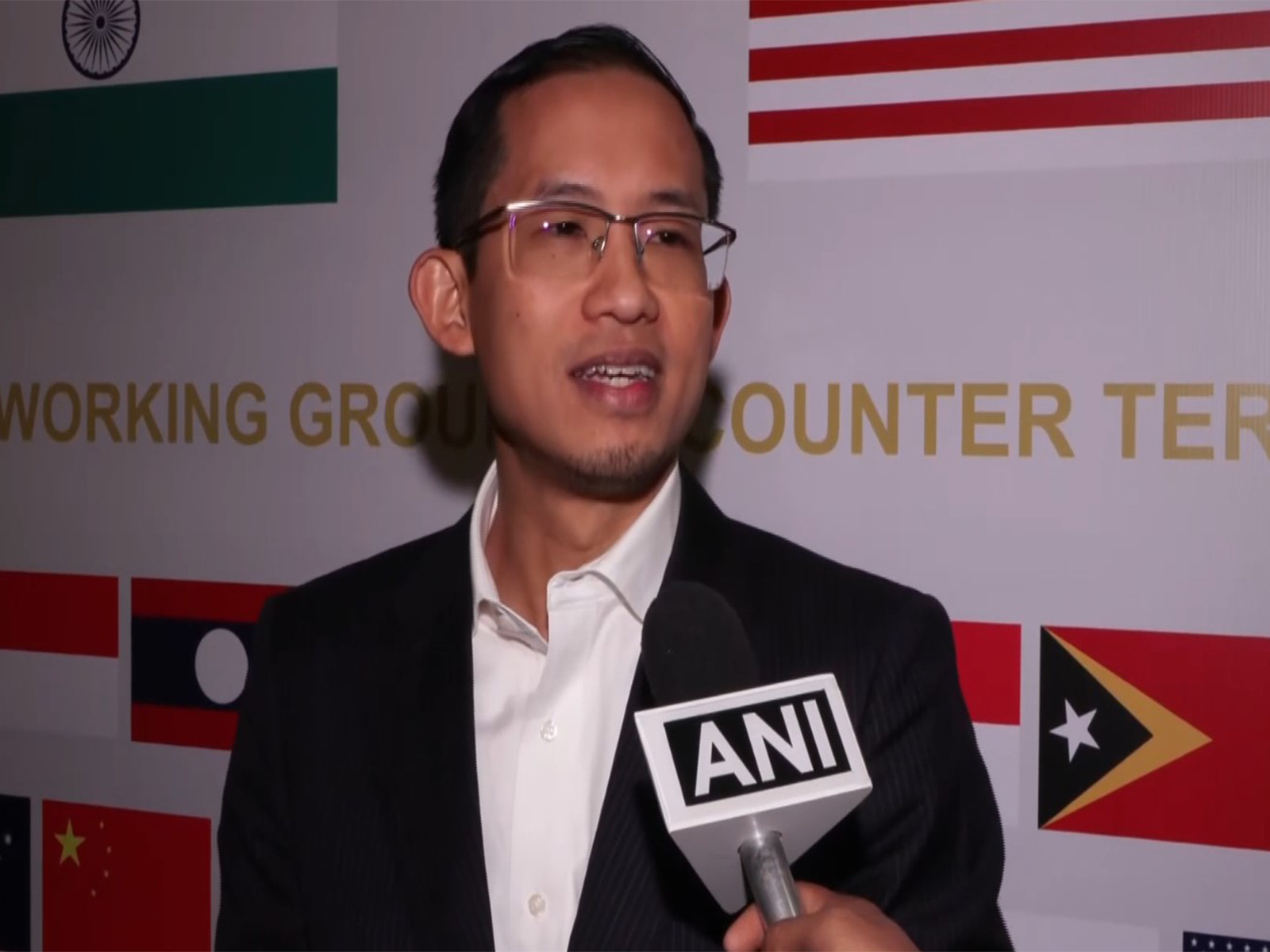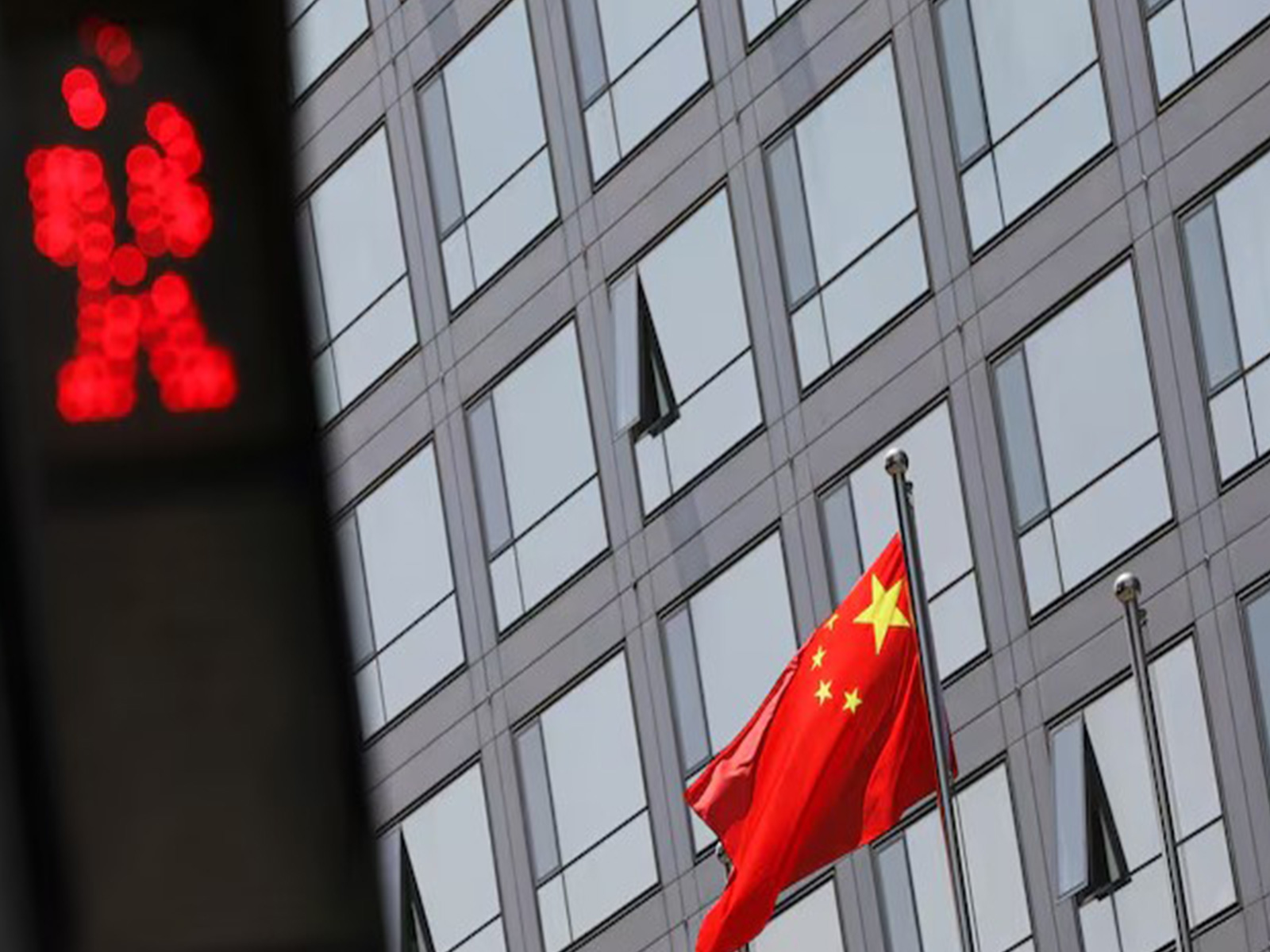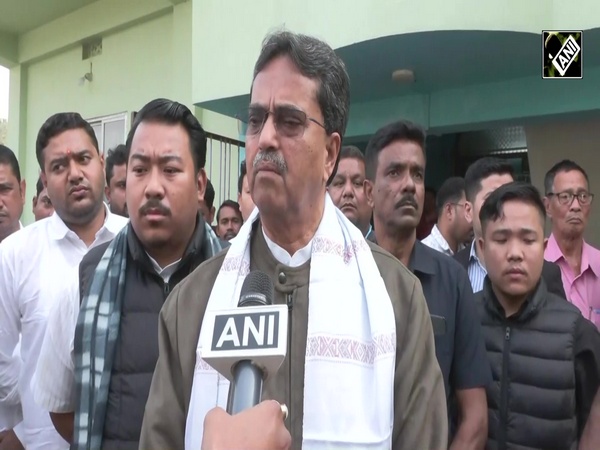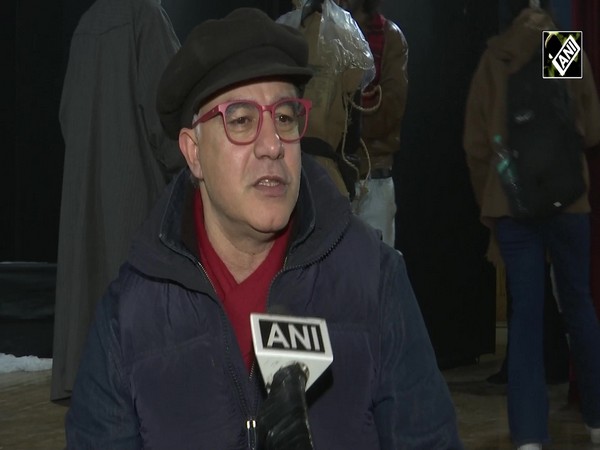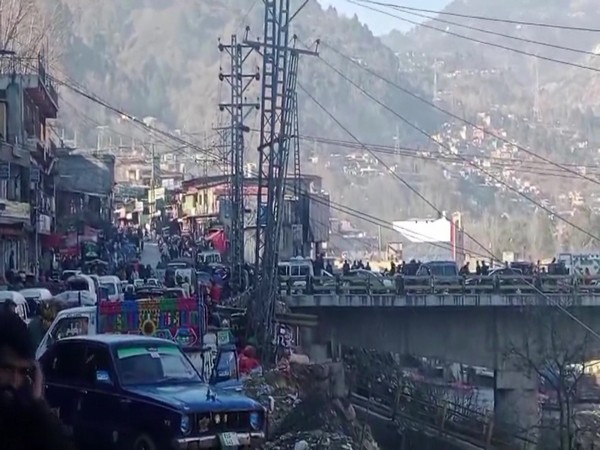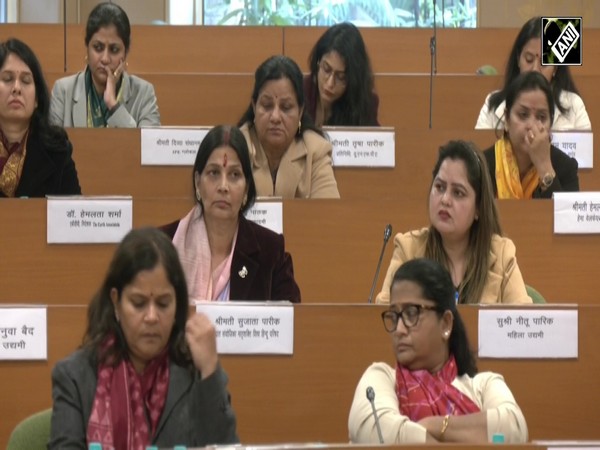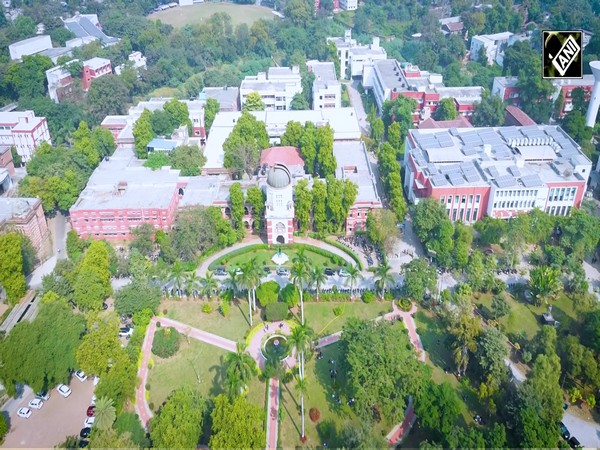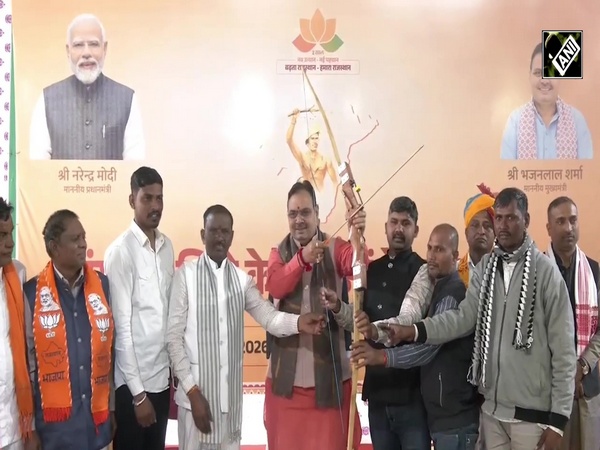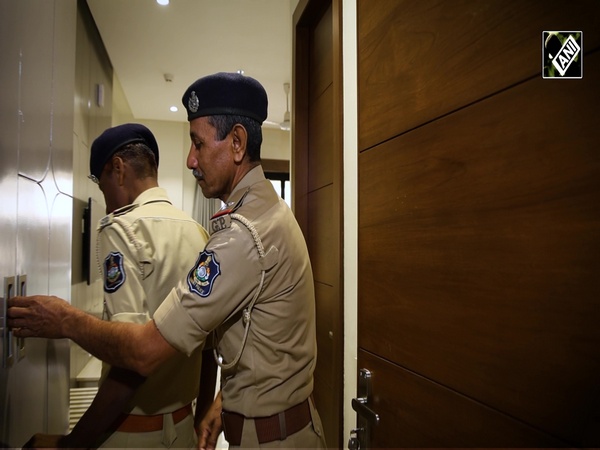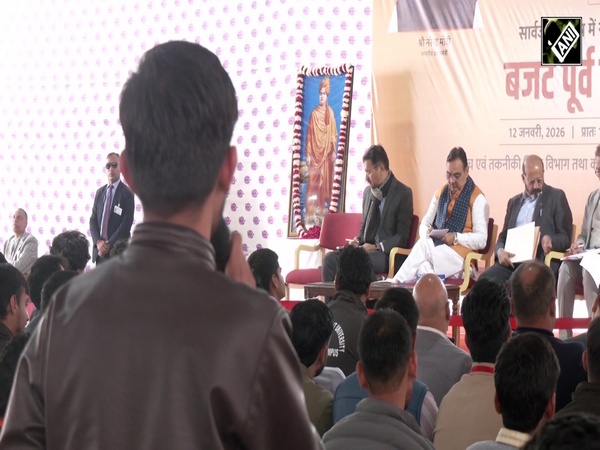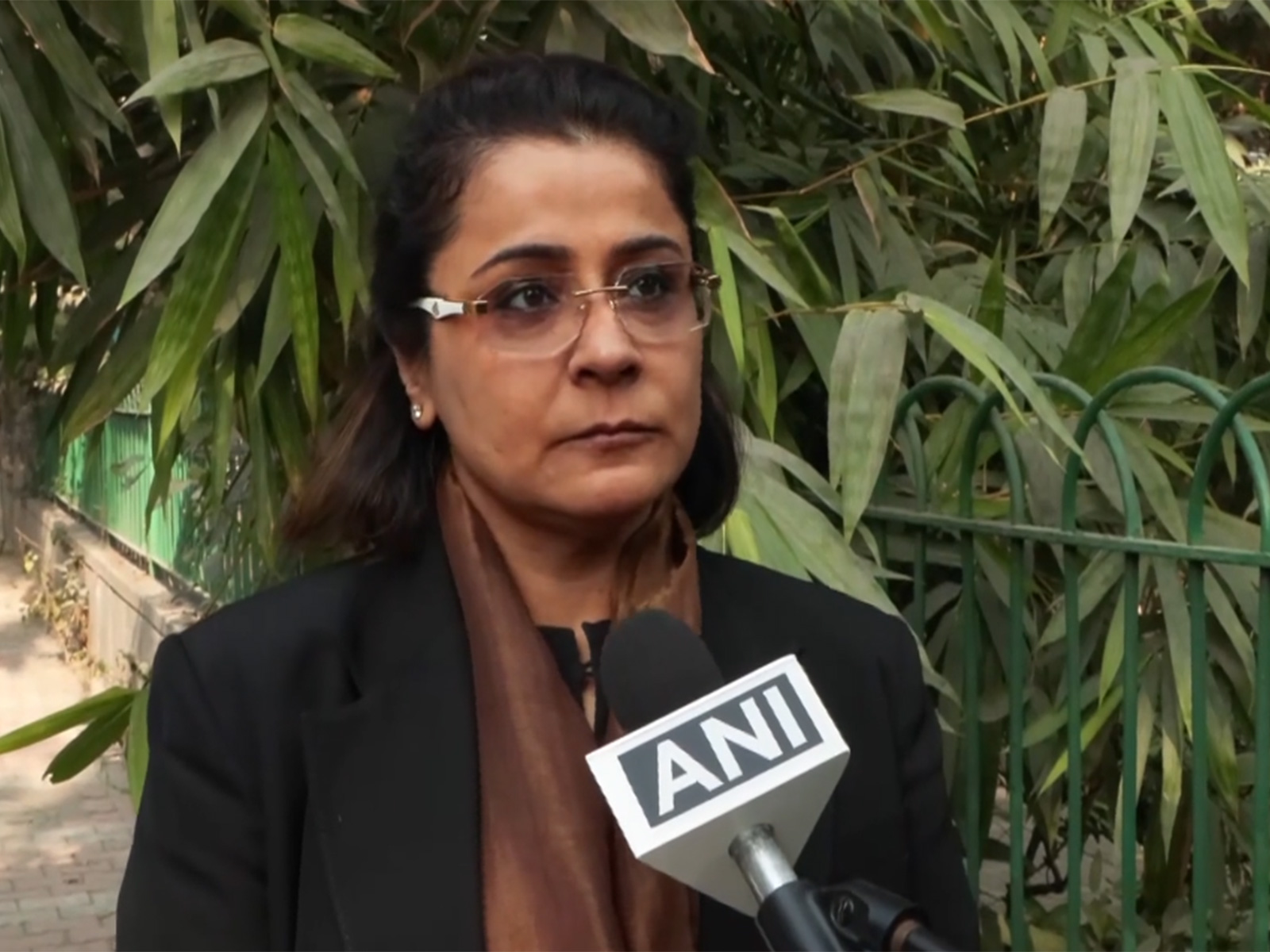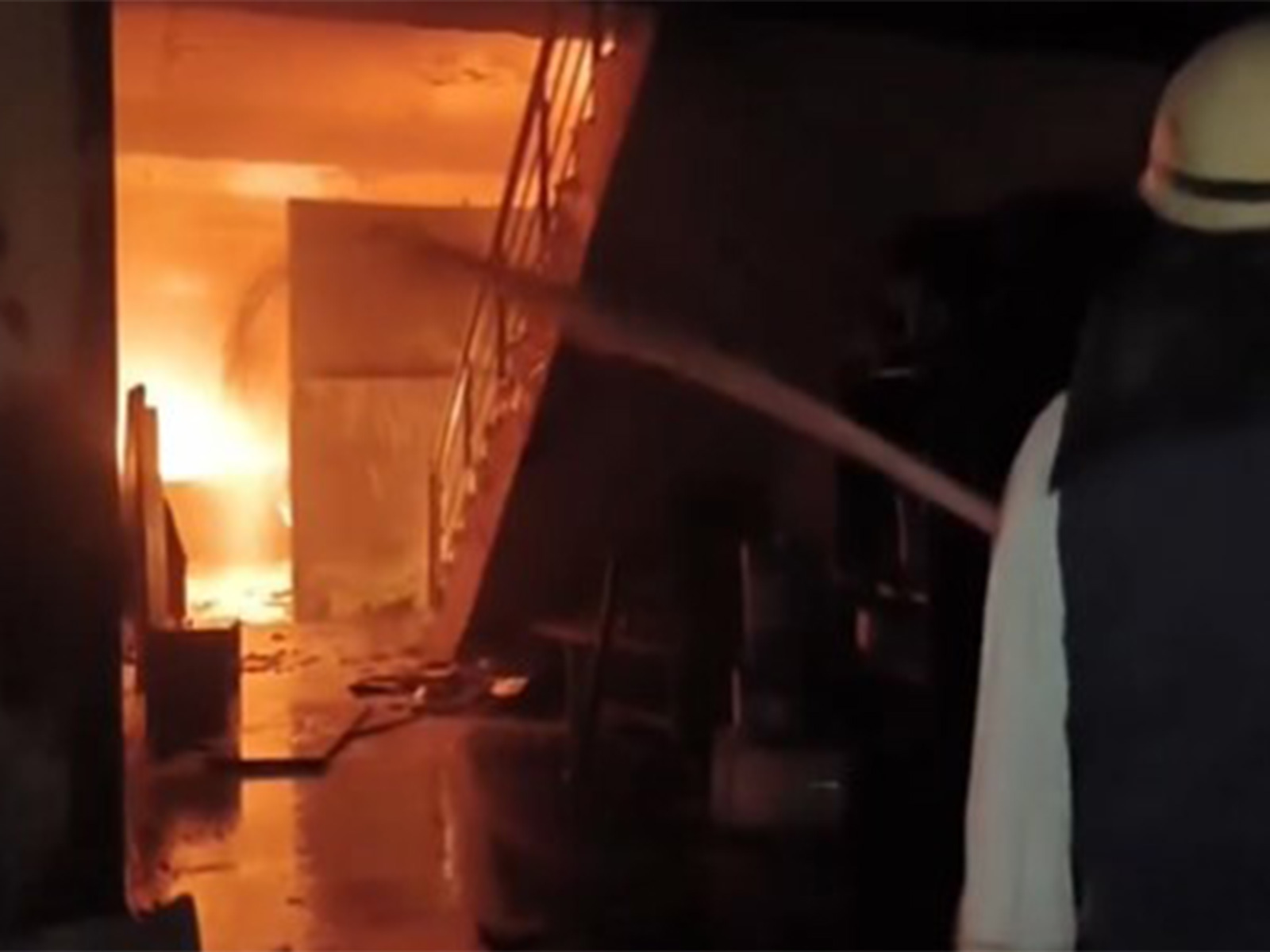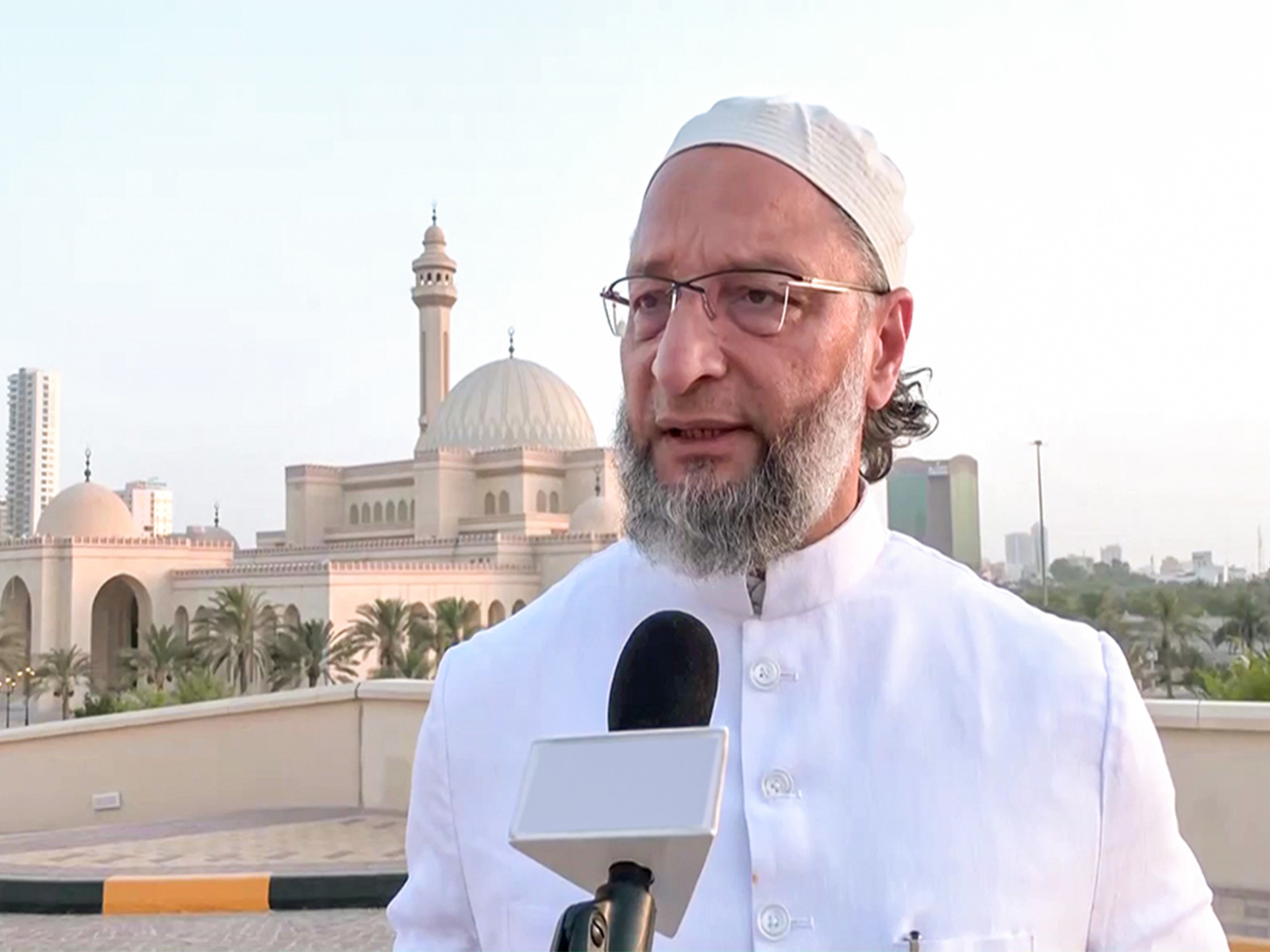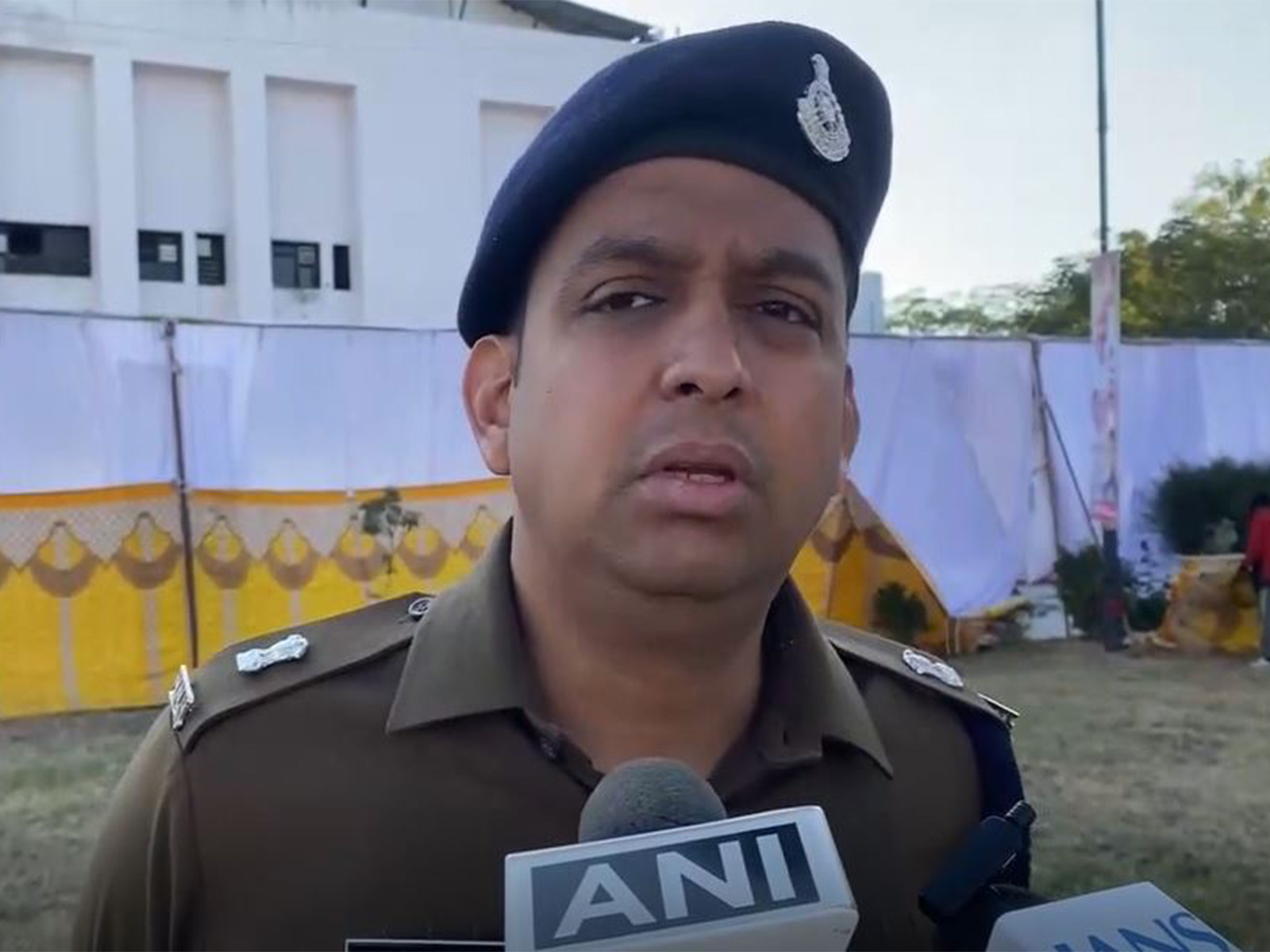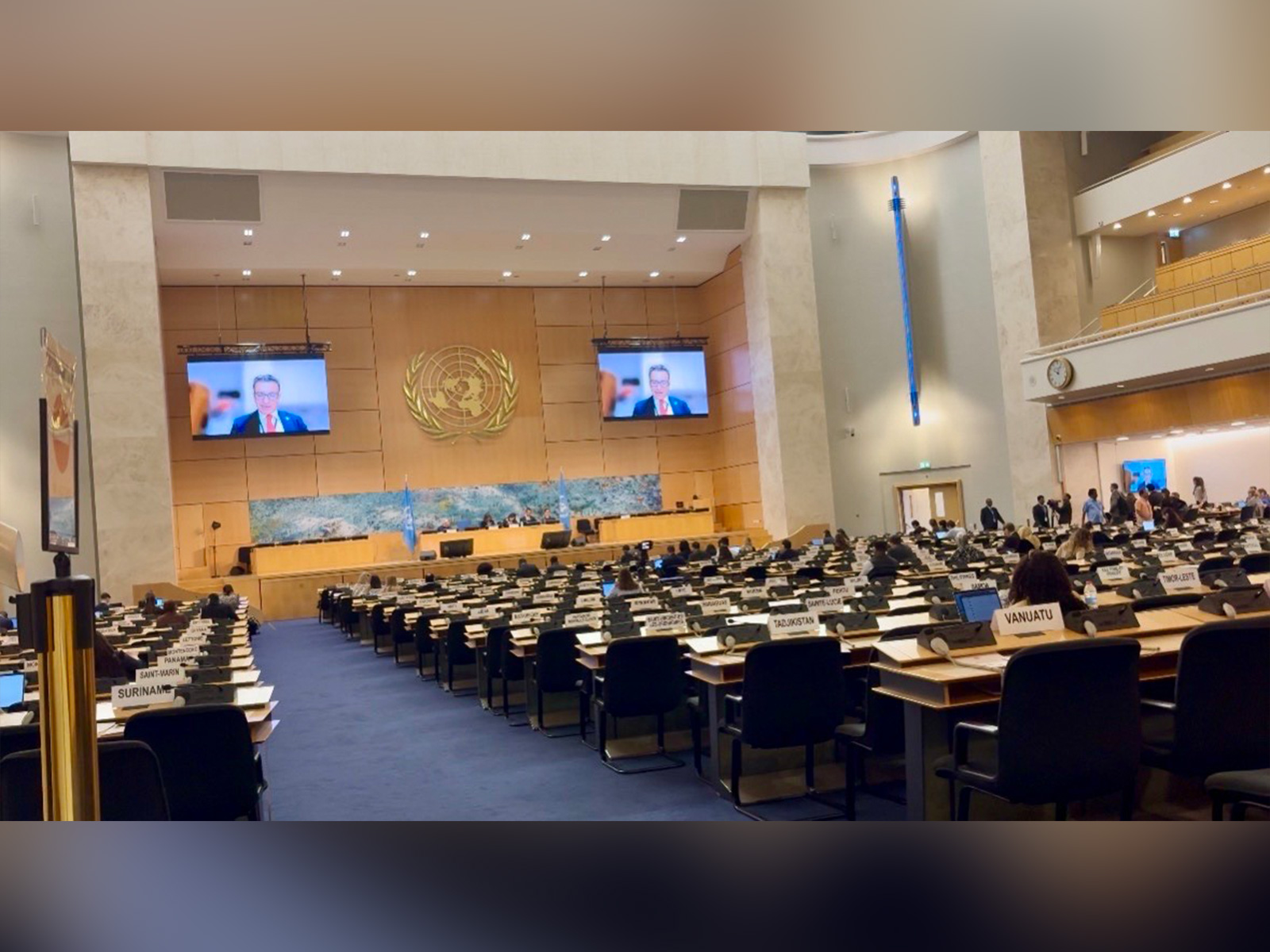
UKPNP raises alarm over humanitarian crisis in PoJK at UNHRC session in Geneva
Oct 01, 2025
Geneva [Switzerland], October 1 : Nasir Aziz Khan, spokesperson of the United Kashmir People's National Party (UKPNP), has urged the United Nations and the international community to intervene against Pakistan's growing repression in Pakistan-occupied Jammu and Kashmir (PoJK).
Speaking during the 60th Session of the UN Human Rights Council in Geneva, Khan warned of a worsening humanitarian crisis in the region.
He reminded member states of their binding obligations under the Vienna Declaration, the Universal Declaration of Human Rights (UDHR), the International Covenant on Civil and Political Rights (ICCPR), and other core human rights treaties to protect fundamental freedoms.
Highlighting the ongoing protests in PoJK, Khan said the Joint Awami Action Committee had called for a complete shutdown and wheel-jam strike on 29 September, reflecting the growing frustration of locals against deprivation and exploitation.
"Pakistan has deployed Rangers and shut down phone and internet services to suppress a legitimate, non-violent movement demanding ownership of resources, fundamental rights, and justice," he said.
According to Khan, more than three million Kashmiris in PoJK are under siege, while two million Kashmiris abroad have been cut off from their families due to the digital blackout. He described the communication blockade as a deliberate attempt to silence dissent and isolate people from the world at a critical moment of peaceful resistance.
"We call on Pakistan to restrain the use of force against peaceful Kashmiris and to address their legitimate demands," Khan stressed. He further appealed to the UN to immediately establish fact-finding missions to investigate human rights violations and ensure the safety and rights of PoJK residents.
Muzaffarabad, the capital of Pakistan-occupied Jammu and Kashmir (PoJK), has been witnessing widespread protests led by the Jammu Kashmir Joint Awami Action Committee (JKJAAC).
The protests, which began as a shutdown strike, have turned violent, resulting in the deaths of at least three individuals and injuring over 22 others.
The unrest is a response to the government's failure to address the committee's 38 demands, including the elimination of reserved seats in PoJK; 12 legislative seats reserved for Kashmiri refugees settled in Pakistan were abolished.
The protesters are also demanding economic relief, including slashing electricity tariffs, providing subsidised wheat flour, and ending perks for government officials. Additionally, they are demanding free education and health facilities for the people of PoJK.
The protests have spread across multiple districts, including Mirpur, Kotli, and Muzaffarabad, with demonstrators demanding basic rights and self-governance. The protestors have vowed to continue the protests until their demands are met, warning of further escalation if their grievances are ignored.
The Pakistani government has responded to the protests with a show of strength, deploying additional police and Rangers personnel in Muzaffarabad and other districts. Internet and mobile phone services have been suspended, and flag marches have been conducted to maintain order.
The protests have brought daily life in PoJK to a standstill, with markets, shops, and business centers closed. The shutdown has resulted in significant economic losses, estimated at PKR 500 million region-wide. Small traders, already affected by inflation, are facing substantial hardships.
